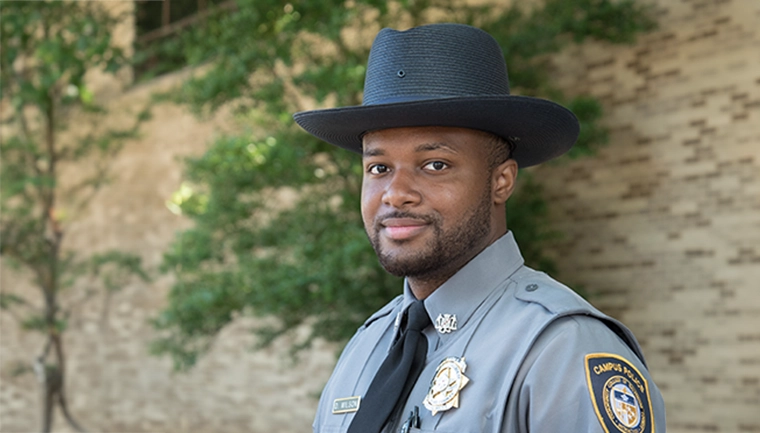Required training for students
CCBC students must view and engage with the mandatory online training programs for Sexual Misconduct and Alcohol and Other Drugs. These trainings are provided through 3rdMillenium and are online courses that help students make informed decisions on topics like alcohol and cannabis use, hazing, conflict resolution and Title IX.
Built with real-life scenarios and personalized feedback, each course is tailored to your needs and includes the proven eCHECKUP TO GO intervention. Used by colleges nationwide, these engaging courses support your well-being, academic success, and a safer campus environment.


